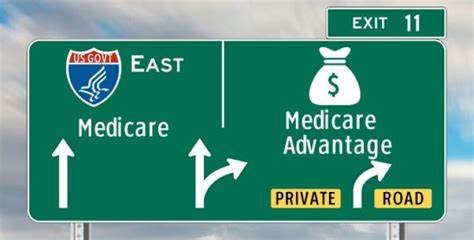Biden wants to let Medicare Negotiate Drug Prices. Industry will resist.
Last week, STAT News said President Biden is pressing Congress to finally let Medicare negotiate drug prices. That’s great news for most of us, but whether it really happens is less clear. Here’s the good news and what’s behind my doubts.
Although Biden’s view of Medicare negotiation would still allow for a significant profit, he said, “drug companies would have to sell their drugs to all distributors at the Medicare price or face up to a 95% excise tax.”
The proposal also calls for penalizing companies that raise drug prices faster than inflation, allows states to import lower-cost drugs from Canada, and is designed to increase the uptake of generics. While there are many policies not addressed that progressive Democrats want, the biggest resistance will likely come from the pharmaceutical industry with deep pockets.
How much might Pharma spend to avoid negotiating drug prices?
A recent study cited in this article found that “on average, for every dollar spent on influencing politics, the nation’s most politically active corporations received $760 from the government.” That’s one of the five crazy facts about lobbyists, with details on each one in the article:
- Lobbyists raise gobs of money for elected officials
- They write laws themselves (actually, their partner lawyers do that)
- Lobby firms legally bribe members of Congress with lucrative job offers (to become lobbyists)
- Politicians who walk through the revolving door are in for a massive raise (averaging 1,452%)
- And that’s just the lobbyists we know about
Corporations earn a 76,000% return on investment on their influence spending. That new figure is even more than I wrote about two years ago as I warned the medical industrial complex could justify spending $1 trillion in the 2020 election.
They could feel justified spending that much if threatened by a Bernie Sanders’ Medicare-for-All effort with the goal of cutting overall health spending in half to match what other rich nations spend. Because current spending is over $4 trillion/year, the difference could be a $2 trillion per year savings for the nation but a similar revenue loss for the industry.
According to the Centers for Medicare & Medicaid Services:
- National Health Expenditure (NHE) was $3.8 trillion in 2019, including private insurance (paid by individuals and employers), government insurance (Medicare, Medicaid, VA, etc.), and out of pocket expenses.
- NHE is projected to reach $6.2 trillion by 2028, growing faster than inflation, with a rate of 5.4% per year. At that rate, NHE would consume 7% of GDP by 2028. Prescription drug spending grew even faster.
Some people still argue we can’t afford Medicare-for-All or single-payer, universal healthcare reforms. But they’re not considering what they already pay in total. CMS says total health spending in 2019 was $11,582 per person – for every man, woman, and child. So, an average household of four spends over $46,000 per year but would save over $23,000 per year with effective health reform. The industry, however, would lose revenue, so a large investment in political influence seems well justified.
The Hidden Economic Costs of Lobbying
Beyond the huge impact lobbying has had on health spending, there is a potentially bigger problem. With returns from influence spending so high (76,000% ROI), there’s almost no other investment many companies can make with greater returns. Not R&D. Not expanding plant capacity. Not workforce development. That, my friends, is economically dangerous to our nation’s future prosperity. But we won’t hear about it, because they also spend to influence public opinion by controlling the news media. <sigh>




RELATED ON MHEALTHTALK: